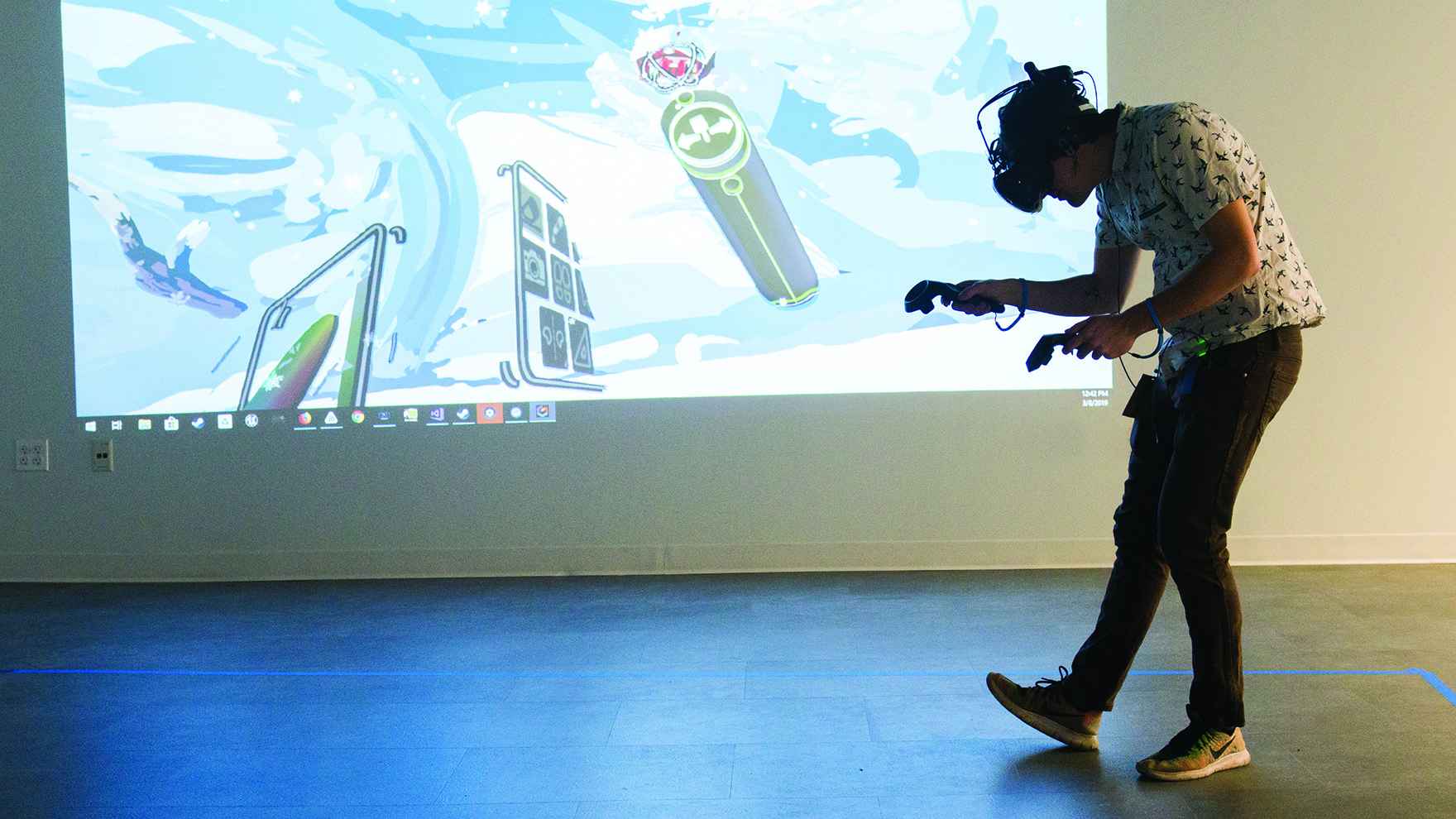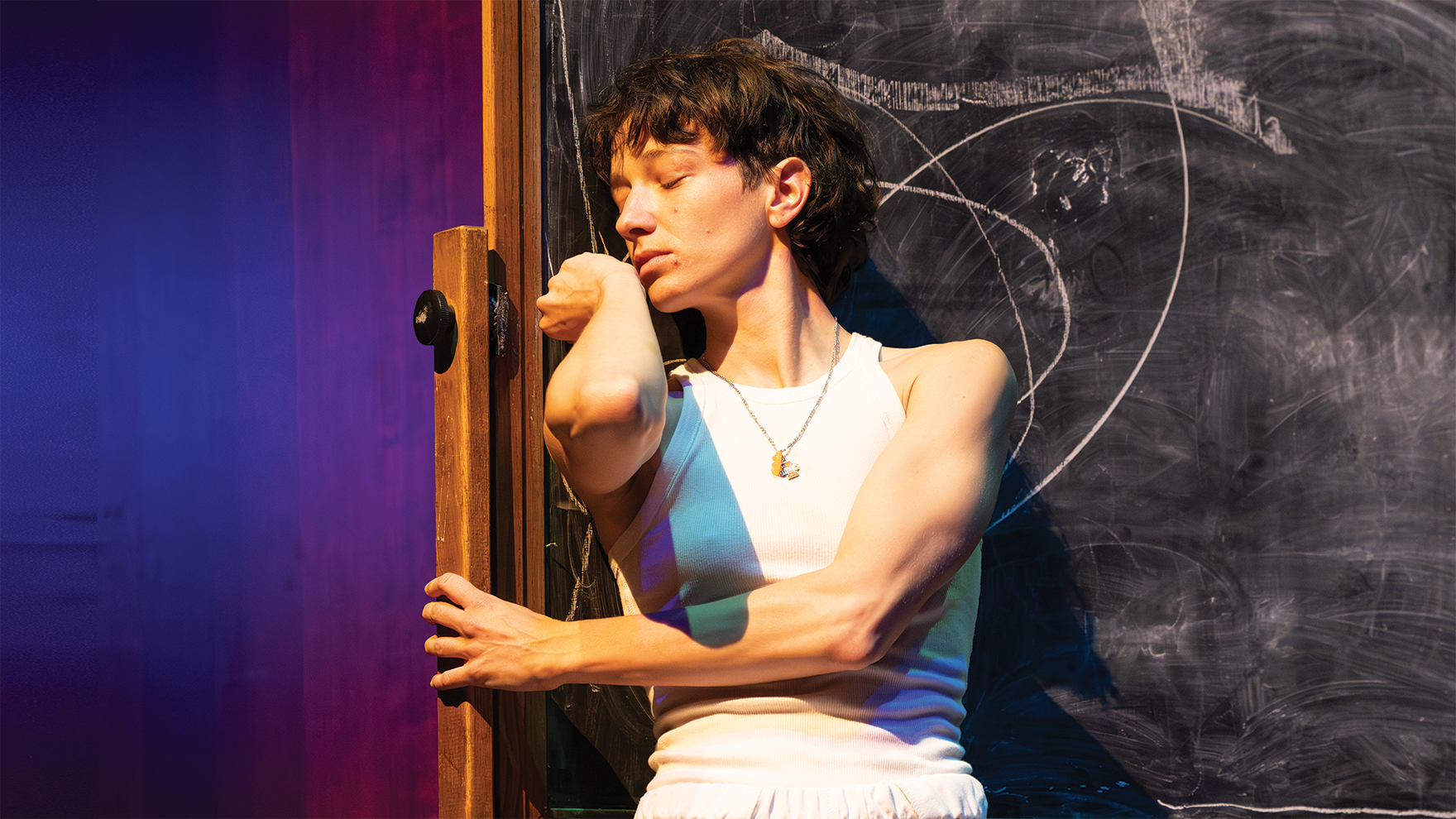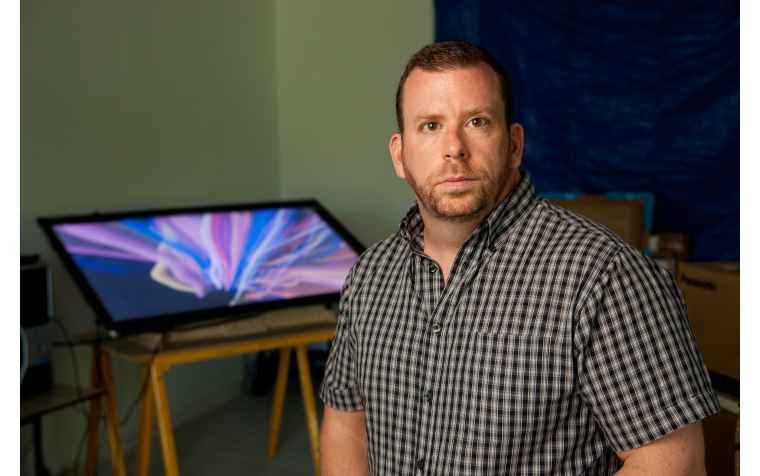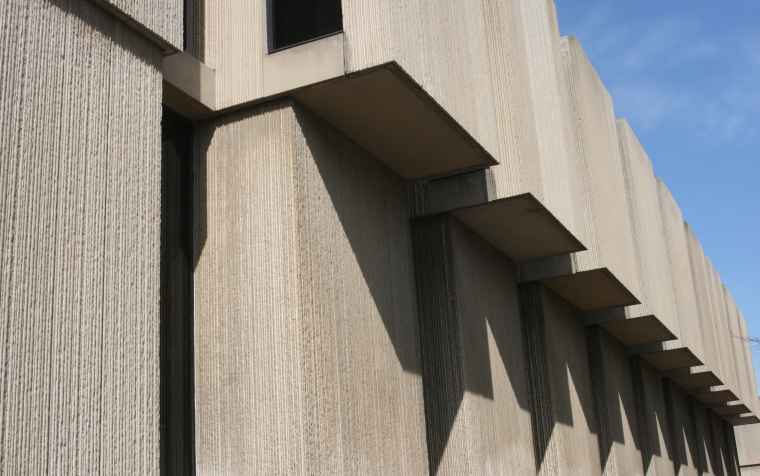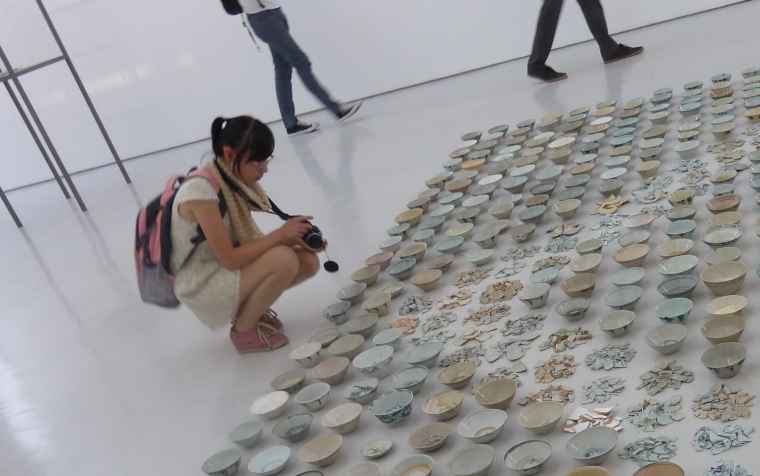Alumna and Philosophy Professor Featured in Food-centric 'Chicago Reader' Issue
For the "Where Chicago Eats" issue of the Chicago Reader, Anton Ford, Assistant Professor in Philosophy, and Miranda Swanson, AM'01, contributed their thoughts on food.
Anton Ford and Hannah Gold, a fourth-year in the College, debated whether something as crowd-pleasing as a doughnut can be an absolute good in an article penned by Gold. The relationship of donuts to philosophy arose in Ford's "Justice" lecture class, in which he asked, "If one finds a box of doughnuts in a hallway, is she forced to eat them, doughnuts being unmistakably delicious?" ultimately concluding, "Doughnuts are not an absolute good. You choose whether or not to eat another's doughnuts; the act, therefore, cannot be justified."
Miranda Swanson, AM'01, writes about her favorite Chicago chef, who is also her husband. The enjoyment they take from meals has also become a family affair—Swanson's two and a half year old twins are now old enough to appreciate lobster on linguine as well.
Jessica Burstein, AM'90, PhD'98, Publishes Work on Fashion and Modernism
Jessica Burstein, AM'90, PhD'98, published Cold Modernism: Literature, Fashion, Art as part of the Refiguring Modernism series. The book proposes a new understanding of modernism: cold modernism, which "operates on the premise that 'there is a world in which the mind does not exist, let alone matter.'" Burstein wrote about the experience of publishing her book in the latest issue of The University of Chicago Magazine.
Jeff McMahon, AM'02, on the Writing of Roger Ebert, X'70
In an article for Forbes.com, Jeff McMahon, AM'02, examines the beloved, accessible, and often rule-breaking writing style of Roger Ebert, X'70. McMahon notes that many tributes to Ebert since his death have somewhat clumsily focused on his love of movies, and neglected the nuance and humility he brought to his reviews. Along with his obvious passion for the films he reviewed, McMahon's article illustrates that Ebert should be remembered both for his honesty and his respect for the audience. "Why was Roger Ebert the greatest movie reviewer?" McMahon asks. "Not because he cared about movies, not because he told us what to think about movies, but because he told us just enough to care and to think for ourselves."
McMahon is an alumnus of the Master of Arts Program in the Humanities (MAPH) and currently serves as the program's writing advisor. He also teaches journalism courses for the Committee on Creative Writing.
Faculty Members Lecture on Identity and Language in Videos from 2012 Chicago Humanities Festival
Michael Silverstein, the Charles F. Grey Distinguished Service Professor in Anthropology, Linguistics, and Psychology, and Raúl Coronado, Associate Professor in English Language and Literature, lectured as part of the 2012 Chicago Humanities Festival. Coronado spoke on Latino Identity and Literature, drawing on his studies of Latina/o literary and cultural history from the colonial period to the 1940s. Silverstein gave a lecture titled "America's Tongues" that highlighted his work in the structure and history of language.
Information about the 2013 Chicago Humanities Festival can be found here.
